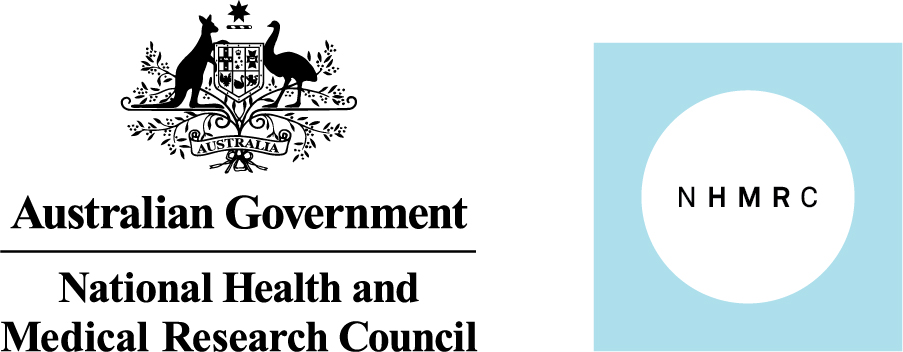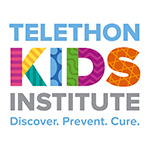Between 63-75% of mental disorders begin before 25-years of age and can seriously disrupt a young person’s life. Currently, we cannot predict mental health outcomes (i.e., ‘prognoses’) or how young people will respond to specific treatments. This makes it difficult to personalise care to each individual and improve outcomes.
New research shows that we might be able to use computer algorithms to make medical predictions for individuals. Studies also show that we will get the best predictions using information from multiple biological, psychological, social, and environmental sources. Such predictions will help doctors, young people, and their families to make informed decisions around care and to plan for the future.
Pre-empt was funded by the Australian government with the main aim to prevent mental illness in young people by providing computer tools to personalise clinical care. It will bring together leaders youth prediction science within a Centre of Research Excellence. The project has five main goals.

RB, Focus Group 2022

LS, Focus Group 2022

CB, Focus Group 2022









